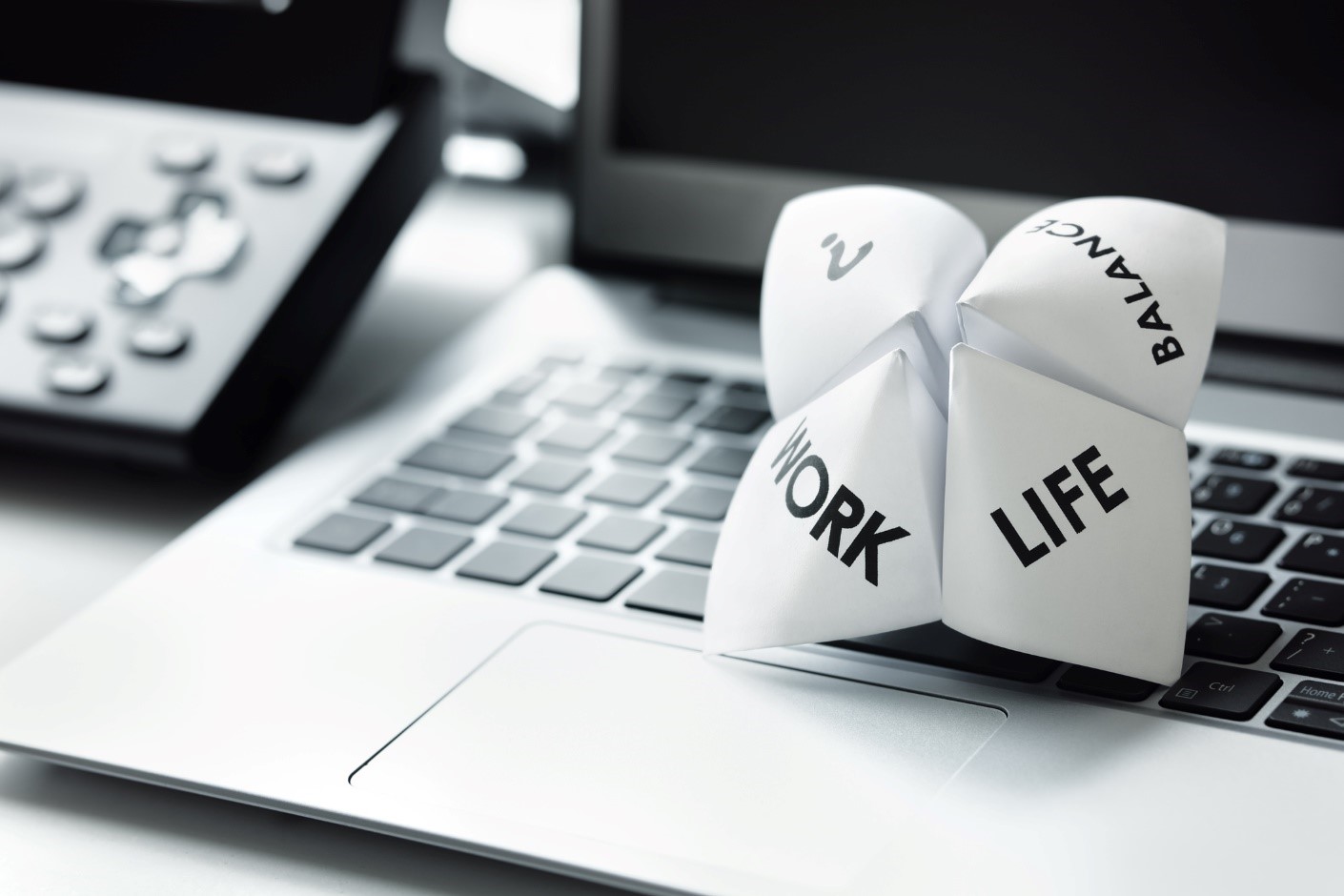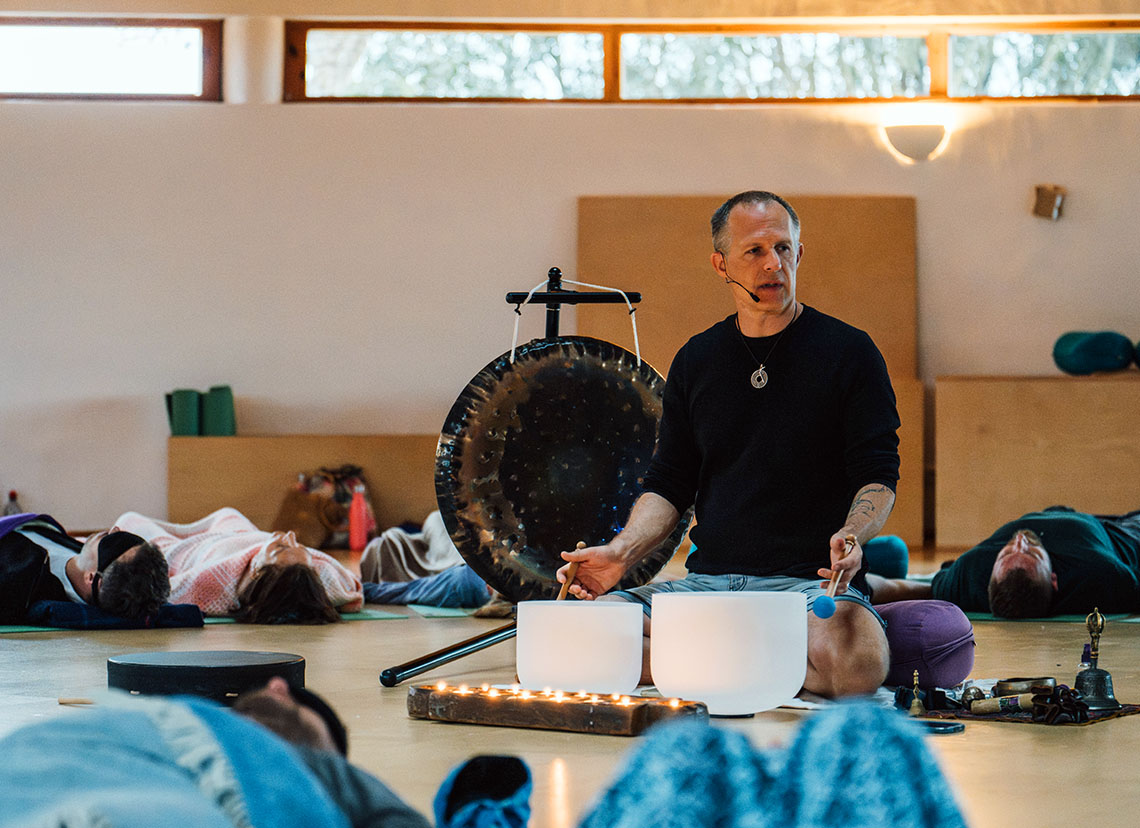‘Your body is in pain, but you do not know where the pain is coming from.
Your productivity goes down to zero or negative.
You feel miserable.
You feel like a failure even if you have accomplished a lot.
You feel like you are seriously sick and will not see old age.
You want to sleep, but you can’t.
You feel like the whole world is on your shoulders, but you are lonely.’
Sound familiar?
Burnout is a serious condition. World Health Organization recognises it as an occupational phenomenon. It defines burnout in ICD – 11 as: ‘Syndrome conceptualized as resulting from chronic workplace stress that has not been successfully managed. It is characterised by three dimensions:
• feelings of energy depletion or exhaustion
• increased mental distance from one’s job, or feelings of negativism or cynicism related to one’s job
• reduced professional efficacy.”
Today’s lifestyle is hectic. A large workload and constant demand for better work results place significant stress on employees. When all these things cross a certain threshold, burnout syndrome appears.
The good news is the burnout is preventable and treatable, with techniques available to help you recover.
Recognise signs of burnout at work
If you suddenly become cynical and start to feel overwhelmed, exhausted, and detached from work and personal life, you may be experiencing emotional burnout.
Physical signs of burnout can include headaches, digestive complications, muscle tension, and high blood pressure.
Burnout is far more than ‘just a bad day’. These symptoms are signs that you need to be proactive and manage stress levels. Otherwise, your professional career and mental and physical health may be in jeopardy.
Start with prevention
The best way to cope with burnout is to prevent it. Some good practices can help you feel better at work, lower stress, and be more productive.
• Self-care – take care of yourself. Tend to your needs and wishes.
• Work–life balance – for many, work is essential but so are your family, friends, and hobbies.
• Time management – plan business tasks carefully, so you don’t find yourself short of time
• Exercise – during intense physical activity, you focus more on your body and less on work-related issues. Also, as your health and condition improve, so will your mental health.
• Rest – slowing down is probably the most important and beneficial thing you can do to prevent burnout. Get at least six hours of sleep per day, and if you can, take 15 – 20 minute power nap when you feel exhausted.
• Meditation – this is another excellent way to rest your body and soul.
• Nutrition and diet – eat healthily. That doesn’t mean you need to hire a nutritionist but try not to live only on fast food. A diet filled with vegetables, fruits, fish, and lots of water will work wonders for your physical and mental health and increase energy levels to help the energy to help fight stress and exhaustion.
Recovering from burnout
If burnout occurs, and now you know the symptoms, there are ways to recover from it.
• Use stress trackers to identify your stressors and then minimize interactions with them
• Build a social support network of people you trust and talk to them when difficult times occur
• Take a break from stressful situations. It is not always possible, but you can’t maintain an adequate level of professionalism and efficiency if you are mentally exhausted.
• Seek professional help from experienced coaches who already succeeded in helping people to recover
• Say something. Prepare yourself and talk to your boss about stress at work. Most bosses want to have happy and productive employees, and many companies already have plans to deal with workers that experience burnout
You are not alone
Although burnout can make you feel detached and low self-esteem can prevent you from seeking help, remember that you are not alone. Your friends and family are still here. If you’re not comfortable talking to people you know, coaches are available to support people through managing and recovering from burnout.
As you read in this article, burnout is a temporary state of mind caused by a high workload and insufficient time to complete it. There are ways to prevent it and to recover from it. Remember that everything will be alright again once you start doing something to feel better.






